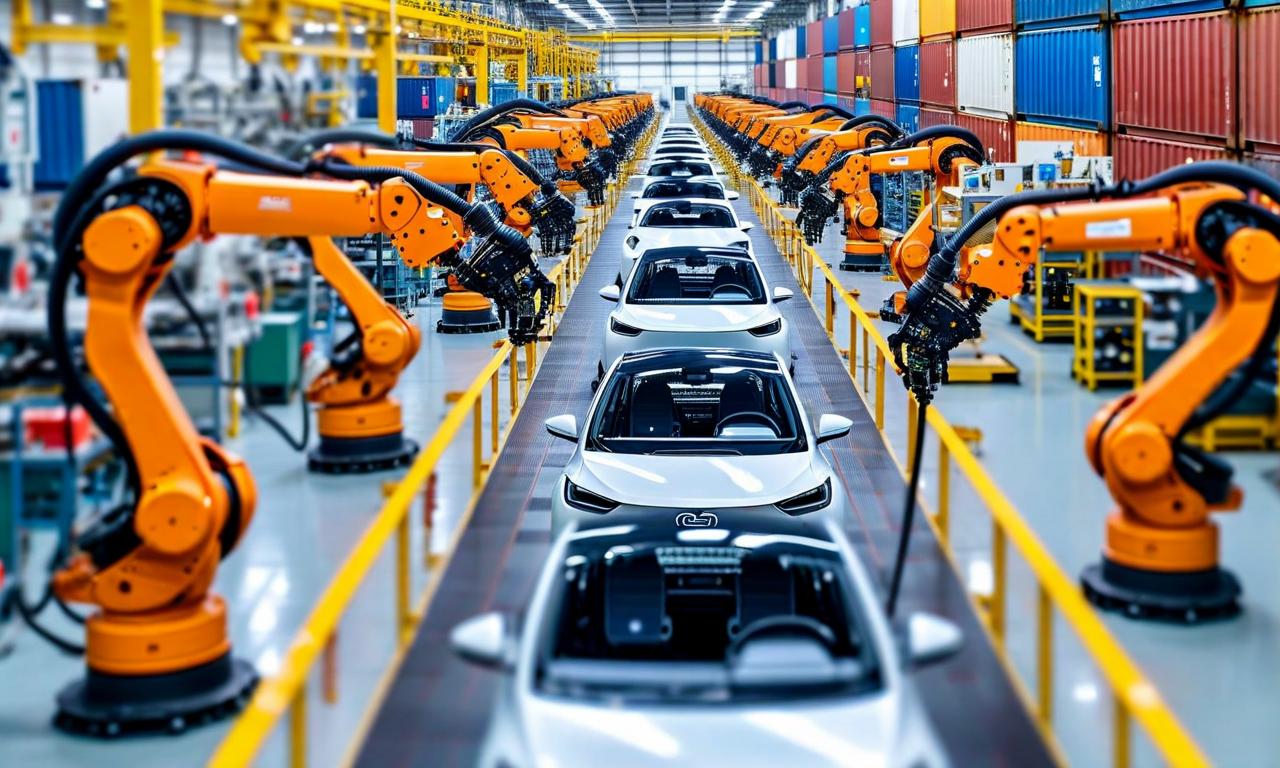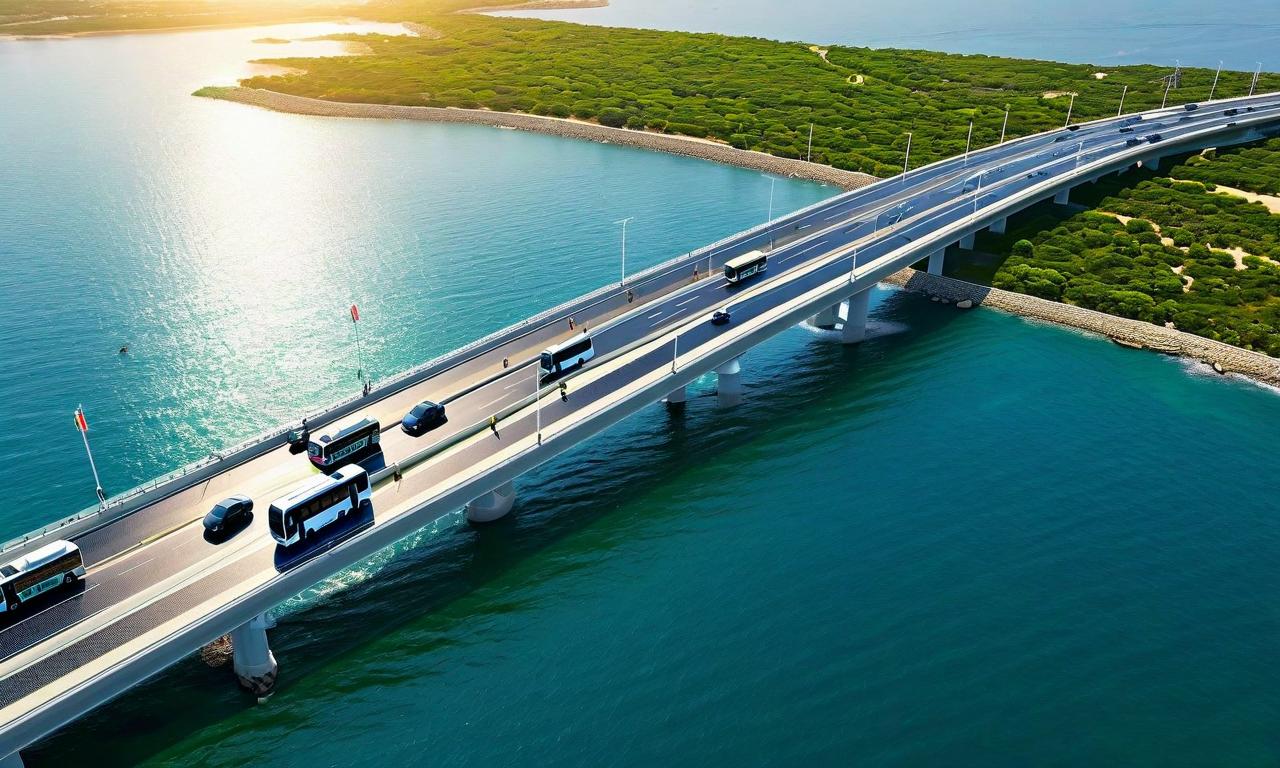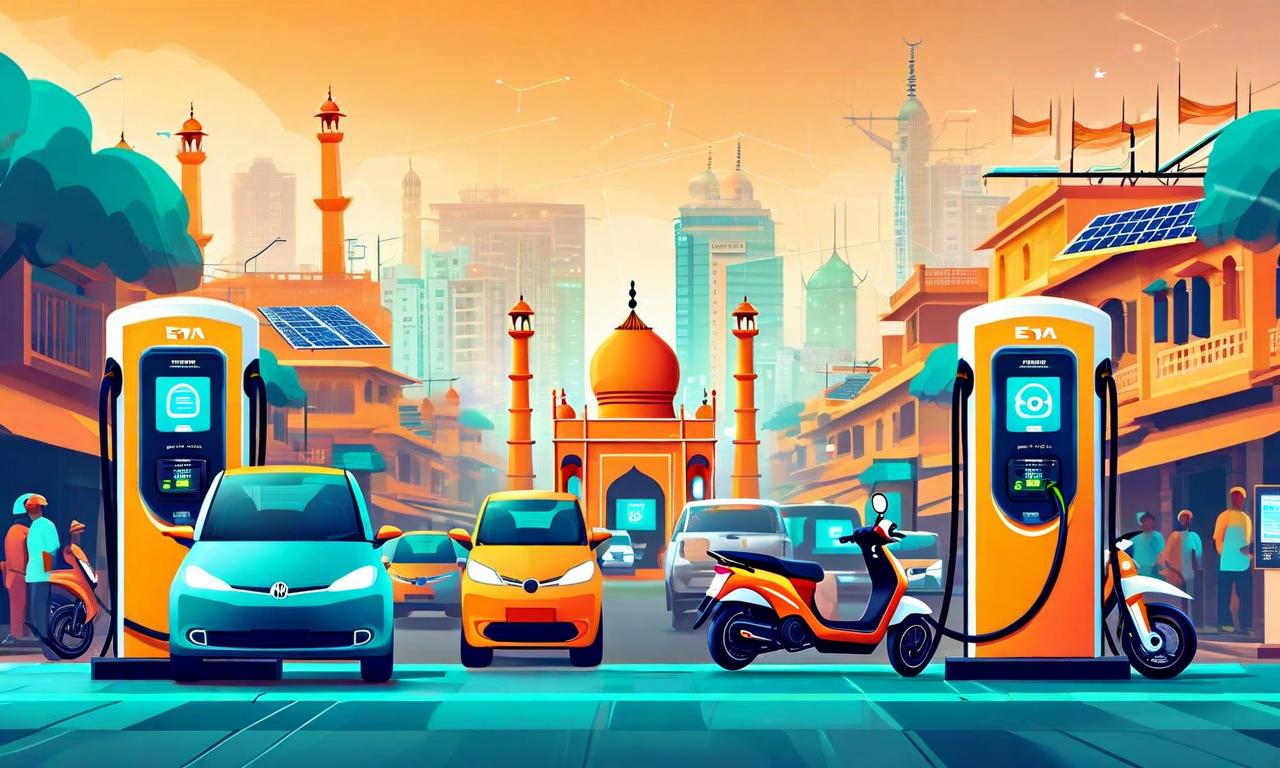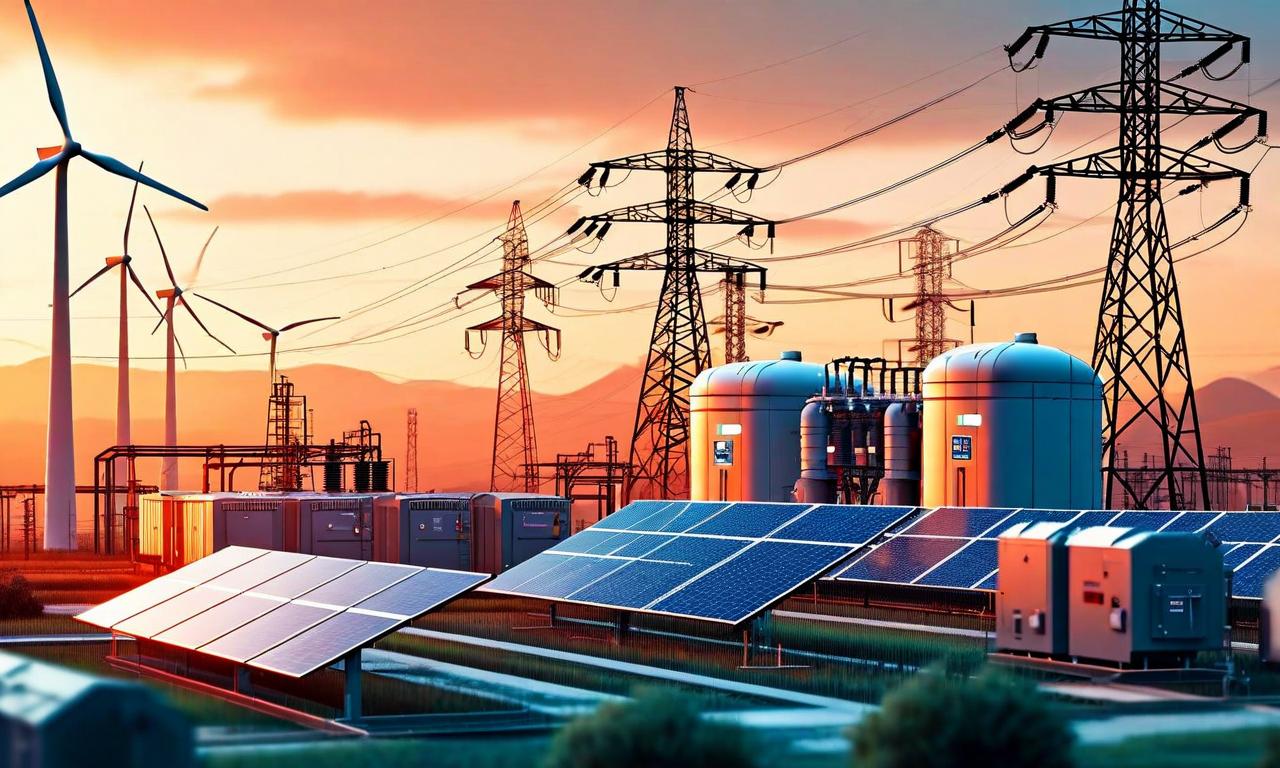India to Export Electric Vehicles to 100 Countries, PM Modi Announces
Prime Minister Narendra Modi announced India's plan to export electric vehicles (EVs) to 100 countries, starting with a major program on August 26. India's automotive exports have grown from ₹50,000 crore annually before 2014 to ₹1.20 lakh crore currently. Modi highlighted India as the world's fastest-growing major economy, projecting it to become the third-largest globally. He mentioned upcoming developments in semiconductors, GST reforms, and 5G/6G technology. The initiative aims to boost India's EV industry, promote sustainable transportation, and strengthen its position in the global EV market.

*this image is generated using AI for illustrative purposes only.
In a significant boost to India's automotive industry, Prime Minister Narendra Modi has announced that the country will export electric vehicles (EVs) to 100 countries worldwide. This ambitious plan, set to kick off with a major program on August 26, underscores India's growing prominence in the global EV market.
Automotive Export Growth
Modi highlighted the impressive growth in India's automotive exports, which have surged from an annual value of ₹50,000 crore before 2014 to a current figure of ₹1.20 lakh crore. This substantial increase reflects the sector's rapid expansion and India's increasing competitiveness in the global automotive market.
Economic Outlook
The Prime Minister painted an optimistic picture of India's economic future, stating that the country is currently the world's fastest-growing major economy. He further asserted that India is on track to become the third-largest economy globally, with experts projecting that India will contribute approximately 20% to world growth.
Technological Advancements
Modi's announcement also touched upon several technological milestones:
- Semiconductors: Made in India semiconductors are expected to hit the market soon, potentially reducing dependency on imports for this crucial component in EV manufacturing.
- GST Reforms: Next-generation GST reforms are slated for completion before Diwali, with the aim of reducing prices and potentially benefiting the EV sector.
- 5G and 6G Technology: India has developed its entire 5G stack domestically and is already working on Made-in-India 6G technology, which could have significant implications for connected and autonomous EVs.
Space Ambitions
While not directly related to the EV sector, Modi also revealed plans for India to have its own space station, with several space missions planned for the coming years. This demonstrates India's broader technological ambitions and could potentially lead to spin-off technologies beneficial to the automotive sector.
Implications for the EV Industry
The announcement of EV exports to 100 countries represents a major opportunity for India's electric vehicle manufacturers and suppliers. It suggests strong government backing for the sector and could lead to increased investment, job creation, and technological innovation in the EV ecosystem.
The expansion of EV exports aligns with India's broader goals of reducing carbon emissions and promoting sustainable transportation. It also positions India as a key player in the global transition to electric mobility, potentially attracting further foreign investment and partnerships in the sector.
As India gears up for this ambitious export program, the EV industry will likely see increased focus on quality control, supply chain optimization, and research and development to meet international standards and compete effectively in the global market.
The success of this initiative could have far-reaching effects on India's economy, potentially accelerating the country's journey towards becoming the third-largest economy in the world and cementing its position as a leader in the global EV revolution.




























